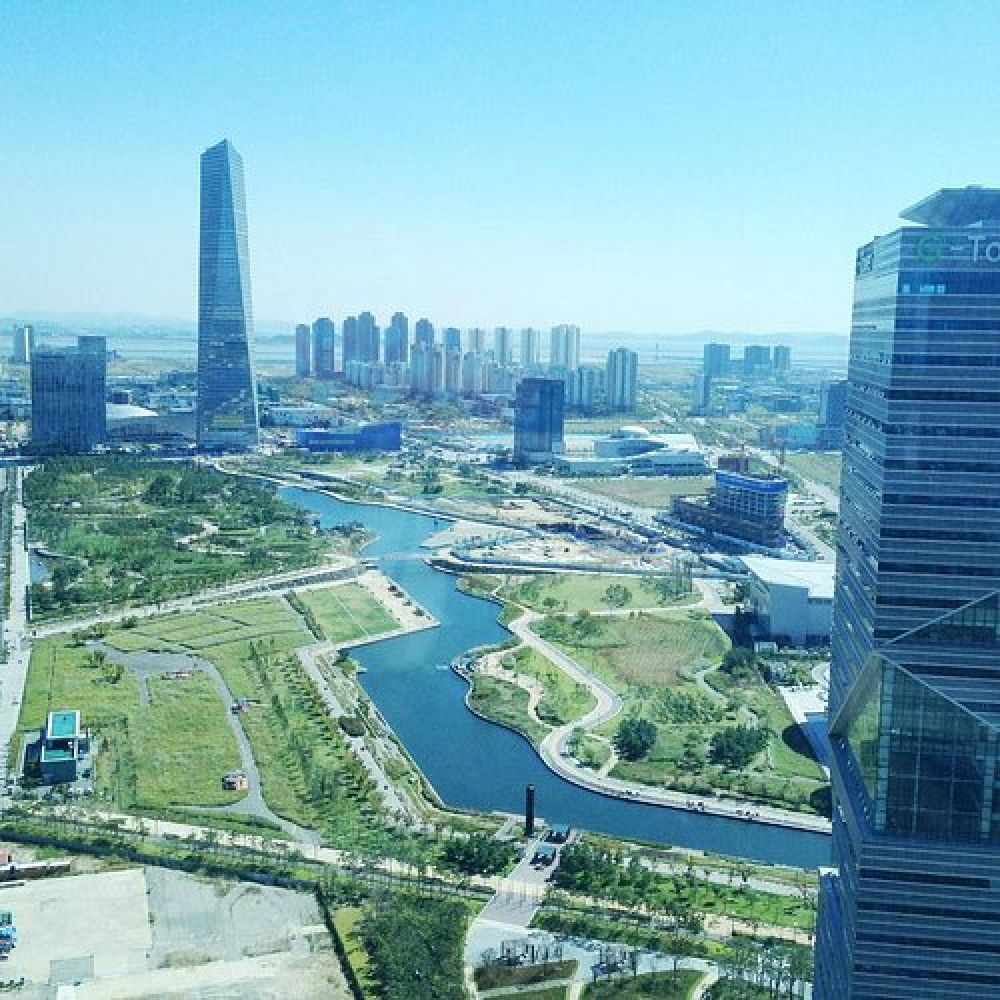

Incheon, known as the gateway to South Korea due to its international airport, has grown substantially in terms of tourism over the past few decades. While the area has been influential throughout Korean history, especially during the late 19th and early 20th centuries, its modern developments have geared Incheon towards being a tourist-friendly destination.
The history of tourism in Incheon can be traced back to the late 19th century when it became an important international port following the Treaty of Ganghwa in 1876. During this period, Incheon began interacting with foreign traders and visitors, slowly influencing its local culture and economy.
In the post-Korean War era, the push for modernization started affecting Incheon’s urban landscape. However, it wasn't until the late 20th century that Incheon emerged as a significant urban center capable of attracting tourists in its own right. The development of the Incheon International Airport in 2001, currently one of the largest and busiest airports in the world, was a critical turning point for Incheon’s tourism industry.
The inauguration of the Incheon International Airport resulted in an increased number of international visitors. Most were initially transit passengers, but over time, the city’s attractions became a draw. The Incheon Free Economic Zone (IFEZ), established in 2003, further pushed this trend by transforming parts of the city into highly developed urban centers and catalyzing the creation of leisure and business facilities that appeal to foreign visitors.
Incheon is home to various attractions such as the vibrant Chinatown, the historic Incheon Open Port area, and the Songdo International Business District, which showcases futuristic architecture. The city also hosts several festivals throughout the year, such as the Incheon Pentaport Rock Festival and the Incheon Korean Wave Festival, enticing tourists with cultural and musical experiences.
Before the pandemic, Incheon had been focusing on diversifying its attractions, including the development of the Songdo district and the expansion of the port to welcome cruise ships. However, the COVID-19 crisis had a significant impact on tourism worldwide, and Incheon was no exception. The city faced a drastic drop in international visitors due to travel restrictions and quarantine measures.
With travel now resuming, Incheon is seeing a resurgence in tourism. Smart tourism is among the latest trends, with the city leveraging technology such as virtual reality and mobile applications to enhance the tourist experience. There is also a heightened focus on sustainable tourism practices to ensure the city remains a vibrant and eco-friendly destination for future generations.
In conclusion, Incheon continues to evolve, blending its rich history with modern innovation, to secure its place as a key player in South Korea's tourism industry. As international travel normalizes, Incheon is poised to welcome a growing number of tourists, ready to explore its unique blend of tradition and modernity.